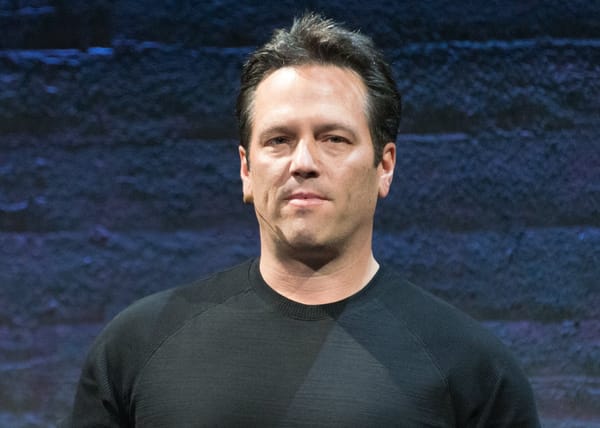Everything’s computer
I understand why the next Xbox is a PC... but I don’t have to like it.
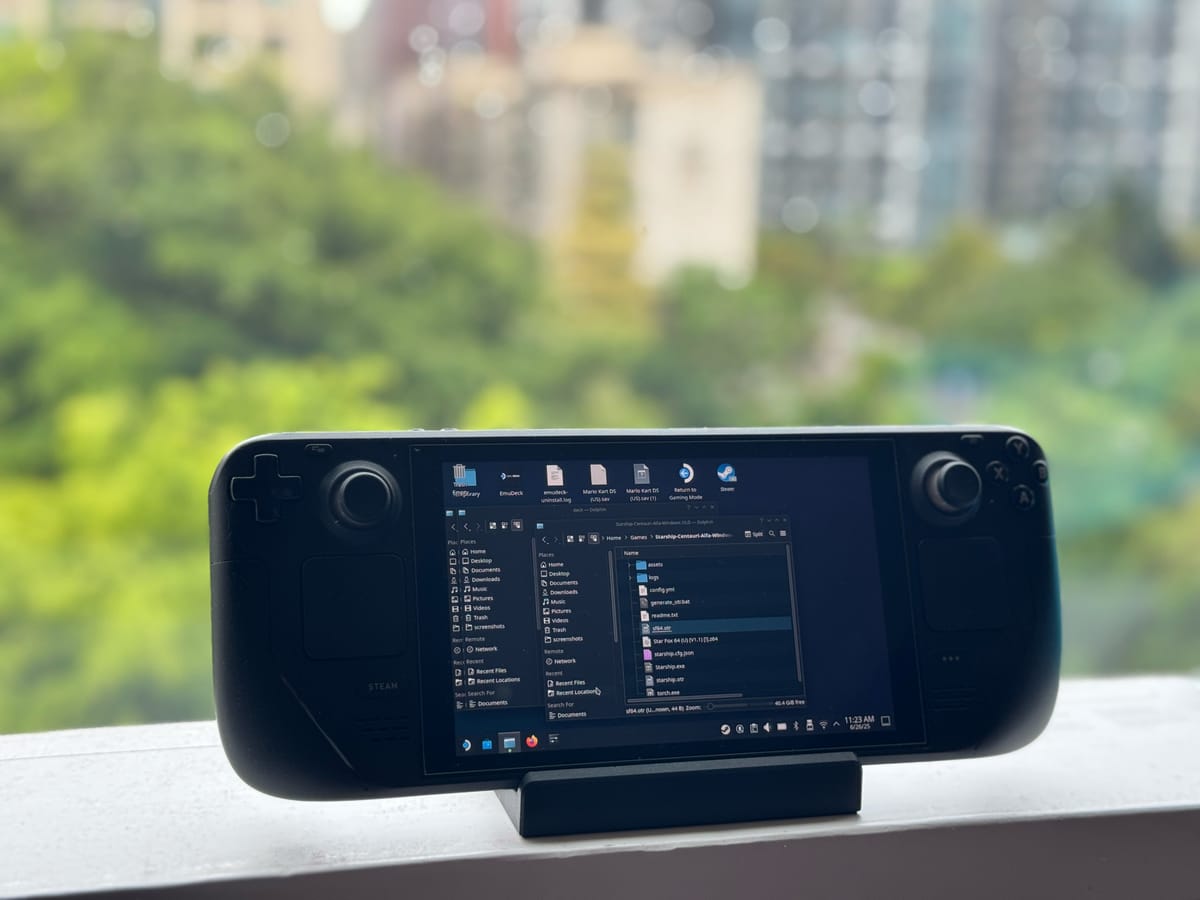
Last week, buried in a typically bland corporate video, Microsoft snuck in an enormous announcement: the next-generation Xbox will almost certainly be a Windows PC.
In many ways, this was inevitable. Xbox is fading as a console platform, while PC gaming is having a real moment. Given Microsoft’s stake in PC gaming with Windows, given their long history of porting Xbox games to PC, given that their new Xbox handheld is more PC than Xbox, there are so many reasons why this makes sense for Microsoft. As a monumental idiot once said, “everything’s computer” now.
But I hate it.
Look, I mean no disrespect to PC gaming, okay? I have a Steam Deck, and I love what it can do. But I think the rush to anoint PC gaming as the future — the championing of PC handhelds by tech media — ignores that consoles have strengths that are highly valued by many gamers like me.
To be fair, there are advantages to Microsoft’s new approach. They specifically said the new Xbox is “not tied to a single store” — most likely meaning that you’ll be able to play games from Steam, the dominant PC game marketplace, one known for frequent sales. The innate openness of a PC means you’re able to play games from deep in the past, games that long stopped being supported on other platforms. My most-played Steam Deck game is OutRun 2006, a game that hasn’t been playable on a console since the PlayStation 2 and original Xbox. Consoles can’t compete with that sort of long-standing compatibility.
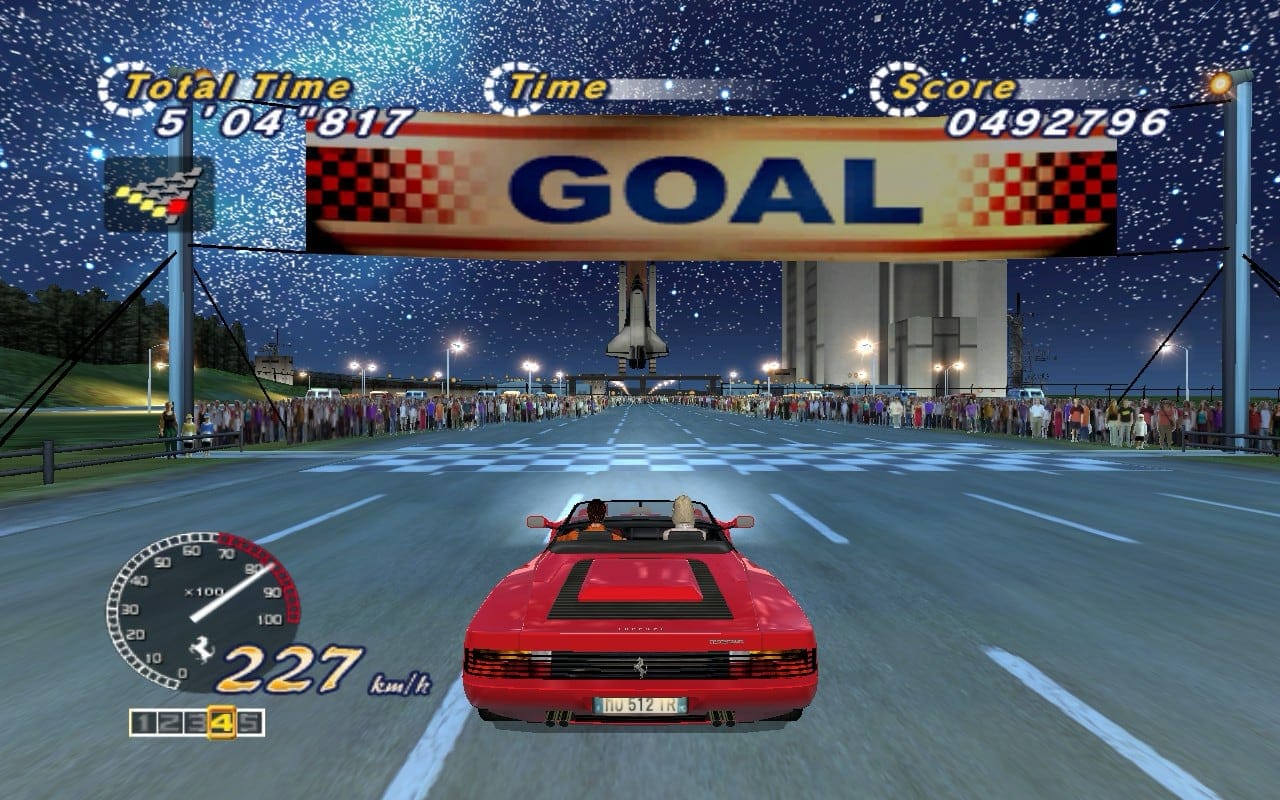
But there’s a cost to the openness of a PC. One is literally, well, cost: being able to buy games from other stores means Microsoft won’t get a cut from every game sold like they do now. This in turn means that they won’t be able to subsidize the cost of the next Xbox so it will likely be more expensive.
The other downside to openness is complexity. You’re able to tinker and tweak a PC at a level far beyond a console, but that means they can be less predictable.
Looking at the Steam Deck is instructive here, because it is often hailed as the most console-like experience in PC gaming. To me, console-like means a stable hardware platform, a straightforward UI that you can navigate with a controller, a simple operating system that rarely crashes, and more importantly: games that are certified by the hardware manufacturer to run properly.
The Steam Deck fails miserably on that last count.
Valve has a testing program to check whether games are supported on Steam Deck. But I’ve tried to play games that receive the highest rating, Verified — “The game works great on Steam Deck, right out of the box” — and some simply don’t work. Others will launch, but perform poorly. And some require complex tweaks. (Ironically, I’ve also found that some games that receive the lowest rating, Unsupported, work just fine.)
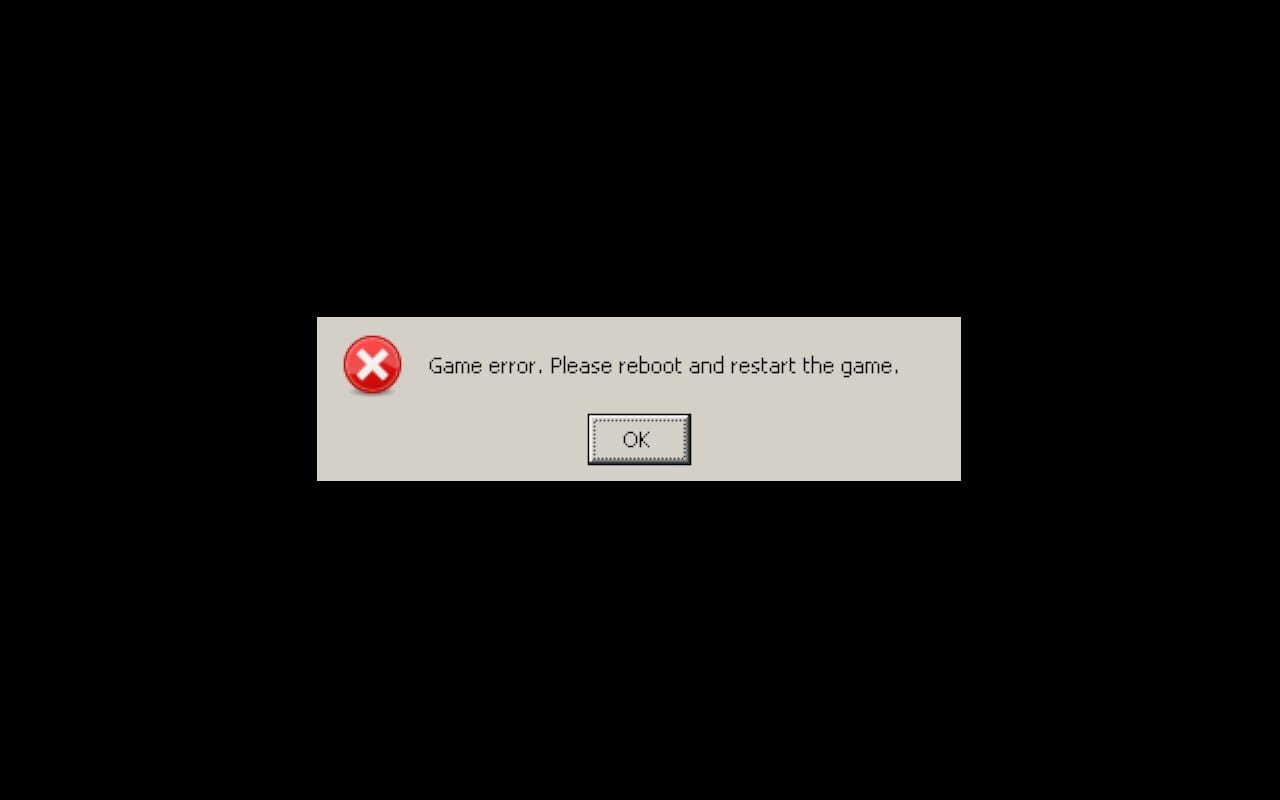
That's just part of the nature of PCs. Even with a stable hardware platform like the Steam Deck, on the software side there are other plugins and drivers you can install that can improve your performance… or cause a conflict that breaks something else. A game may work fine on your Steam Deck, but not on mine.
That’s just not how consoles work. On a console, a game only goes on sale after it’s been tested and certified by the hardware manufacturer. And you can't modify the underlying software of a console, so the game will work, and it will work identically whether it’s on my Nintendo Switch or yours — and on the rare occasion that it does not, the publisher is held accountable.
The Steam Deck just can't compare, and that's supposed to be the most console-like PC gaming handheld, running an OS far leaner than Windows. Given Microsoft's past failures to streamline Windows for gaming, it's hard to be confident that they'll improve on the Steam Deck experience. I can bet that a whole bunch of gamers who heard that the ROG Xbox Ally is “the next Xbox hardware” are in for a rude awakening when they buy the device and discover that unlike every Xbox before it, it’s not actually a console. And if the next Xbox really is a Windows PC, that’s the experience all Xbox gamers can come to expect going forward.
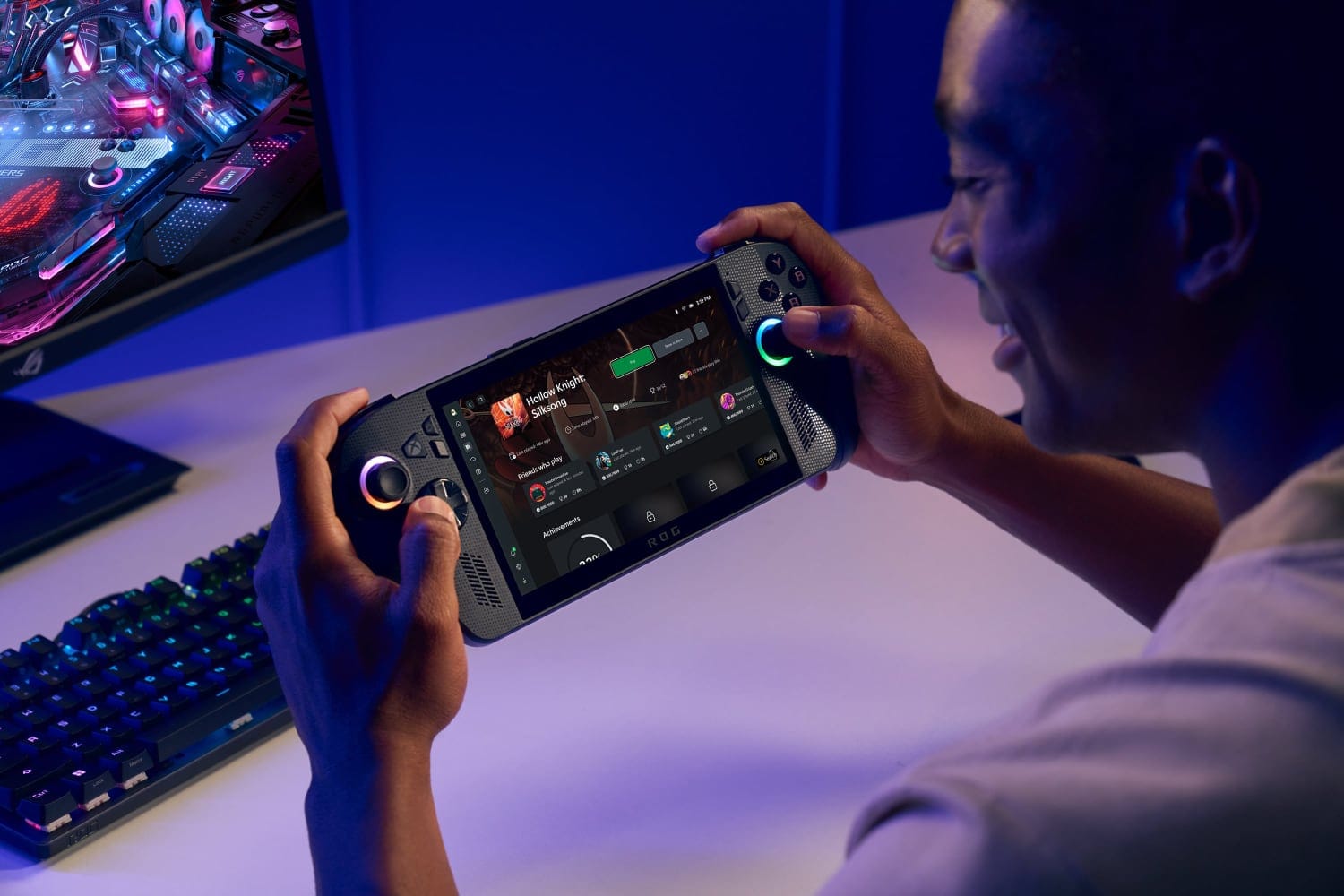
I don’t want to have to reset the device periodically to improve performance. I don’t want to have to tweak settings just to get it to launch, or wonder why a game that worked before a system update suddenly doesn’t work anymore. I don’t want to wonder whether I’ve got the game running with the right graphical settings or whether I need to tinker with them for the best possible performance. I don’t want to worry about upgrading parts, or wonder if an issue is being caused by a lack of compatibility between those parts.
There are people who do want to do that, and I’m glad they have the ability to do so. But I know a lot of people who don’t, who appreciate a lack of fuss and crave simplicity. I mean, I’ve had to walk people through the very basic UI of a PlayStation 5! I can’t imagine trying to guide them to download new Proton versions to make sure a game allegedly “Verified” to run on Steam Deck actually, er, runs on Steam Deck.
Honestly, I’m not here to bury PC gaming. I’m just here to remind everyone that these are two fundamentally different markets that take opposing but equally valid approaches. One is closed, simple and standardized. The other is open and complex, but with a higher performance ceiling.
It’s fine to prefer the latter. But many people, like me, prefer the former. We appreciate the ease and simplicity of console gaming. And it looks like Xbox is about to leave people like us behind.


